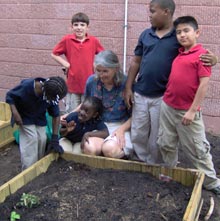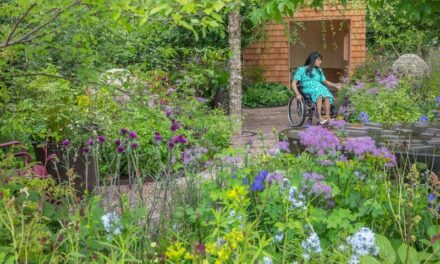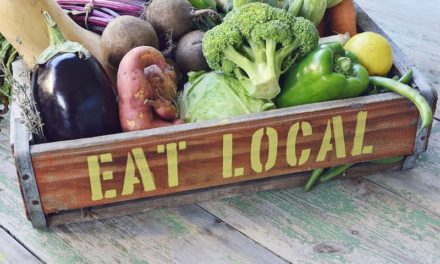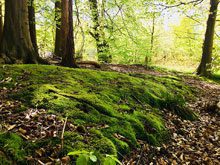 Living by the seat of our gardening pants is my usual gardening style. There is a time to every season and a right time to do most tasks. The logical order is plan, prepare the soil, plant and of course harvest.
Living by the seat of our gardening pants is my usual gardening style. There is a time to every season and a right time to do most tasks. The logical order is plan, prepare the soil, plant and of course harvest.
Keeping up with a garden in the summer is no easy feat. Beans, squash and other cucurbits seem to mature overnight. Planning how much produce your family needs, canning and preserving, and giving away extra veggies and herbs are all ways that you can avoid the guilt of too much of a good thing. Garden guides can also be helpful in planning how much to plant.
The plan can be on a sheet of paper with the garden, lawn, or flower beds drawn to scale or maybe just a rough sketch. It can also be in a notebook, journal, or on index cards. Keeping a calendar dedicated to gardening tasks will be useful going forward into a new season. The obvious benefit of keeping records is that you can go back and see what worked or didn’t in past gardens. A “to do” list can be helpful as an outline of things to do, prepare, and purchase. Just as there are things to do every month there is some latitude in getting them done, and weather patterns may vary from year to year. Last spring was cold. The recommendation for the first application of lawn fertilizer is April, but May was probably better, because we really want to apply fertilizer not for the calendar but for the plants. Fertilizer is necessary for plant growth, but applied at the wrong time may end up down the drain as runoff in the storm water.
One thing that gardeners can do year round is to amend the soil. Adding organic mulches, compost and fertilizers gives plants nutrients and humus, fosters healthy roots, reduces moisture loss and promotes growth. By composting leaves and vegetable scraps we substantially reduce the amount of trash sent to the landfill and have free compost and mulch! If you leave grass clippings on the lawn and mulch leaves with the lawnmower, the nutrients are recycled to grass and tree roots.
Whatever your style of gardening or landscaping, there are so many benefits. Artistic, aesthetic, therapeutic, exercise, dietary, and personal are a few types that come to mind. My New Year’s resolution is to keep gardening and spreading the love.
Garden for a Happy New Year!!
http://www.clemson.edu/extension/hgic/plants/other/compost_mulch/
http://www.clemson.edu/extension/hgic/plants/other/landscaping/
(The author Laura Lee Rose, above, spreading the love at MC Riley Elementary School.)






